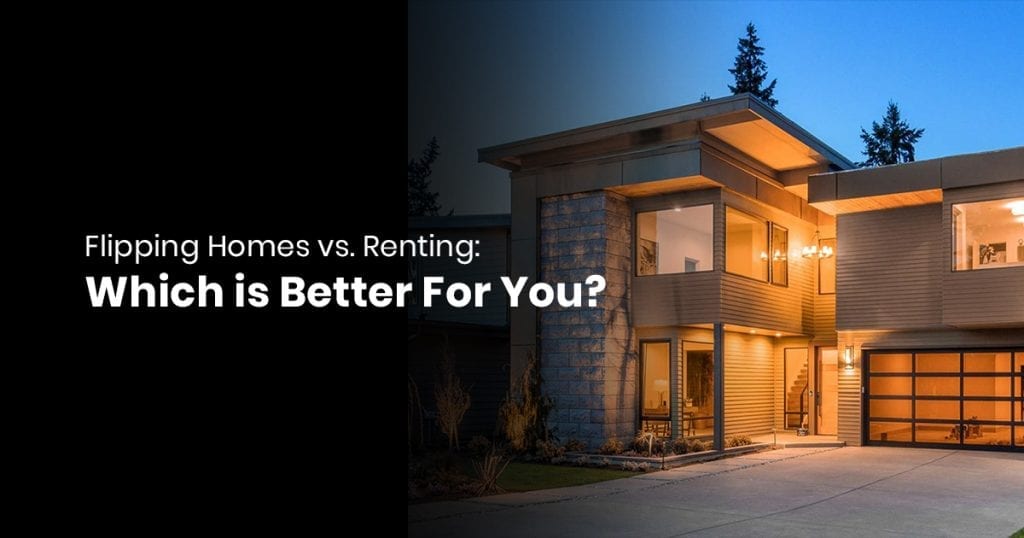You’ve bought an investment home.
Now the big question is: should you flip or rent it?
Both of these strategies can bring in income, but they both also have important drawbacks to consider before you make your move.
What’s the benefit of flipping?
A big benefit of flipping homes is that you gain a high return on investment (ROI).
While renting a house can give you an average ROI of 15 percent and the average ROI on a house flip is 10-20 percent, the faster you flip, the higher the ROI.
In addition, once you sell the home you’ve renovated, you will have gained your profits.
With renting, on the other hand, you might have to continue investing some time and effort into the property to receive a small amount of income every month.
With that in mind, let’s take a closer look at the pros and cons of flipping vs. renting.
Contents
- 1 Renting: What Are The Cons To Consider?
- 2 Renting A House: What Are The Benefits?
- 3 Flipping Houses – What Are The Drawbacks?
- 4 Pros Of Flipping Homes That Make It Worthwhile
- 5 What Are The Safety Concerns Of Flipping Homes Vs Renting?
- 6 Does It Cost More To Rent Or Flip?
- 7 Is Renting Or Flipping Better For You?
- 8 How Much You Can Make Annually By Flipping Vs Renting
- 9 Flipping Vs Renting: The Market Is A Determining Factor
- 10 Bottom Line
Renting: What Are The Cons To Consider?
Here are some of the cons:
1. You Might Need A Rental Management Company

For some people, renting out a property can involve great effort that they don’t want to have to make, like collecting money at the end of the month from renters as well as dealing with all the renter’s concerns and issues related to the property.
That’s why they might use the services of a rental management company.
While this can remove stress from their lives, the downside is that part of their rental profits will have to go to pay this company.
2. You’re Not Guaranteed Of Tenants
Data from TransUnion SmartMove found that between April and August 2017, which is peak renting season, landlords screened an average of two applicants per rental property.
In an ideal situation, you will find a tenant as soon as the property is ready and they will be a long-term tenant. In real life, this doesn’t always happen.
You might experience long periods of time in which your home is sitting there empty and not providing you with income.
On the other hand, there might be tenants who don’t pay their rent on time or who go for extended periods of time without paying rent, which not only reduces your monthly income but can be a hassle to deal with, even with the help of a rental management company.
Renting A House: What Are The Benefits?
Here are some of the benefits:
1. You Gain A Passive Income Stream
The first and most obvious perk to renting out a home is that you gain passive income that can help you pay off your mortgage or increase your wealth.
Without you doing anything, you can gain an extra stream of income in addition to your salary every month.
However, the amount of rental income you get every month depends on whether or not the property needs important repairs, some of which can be costly.
2. The Property Value Increases With Time
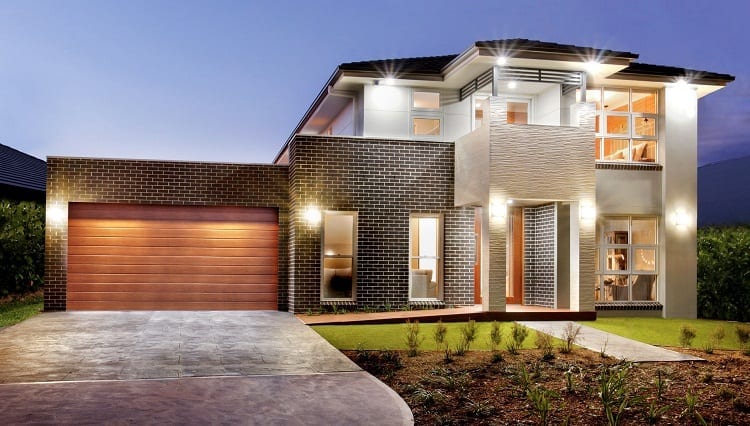
Provided that you’ve purchased a home at the right time – during a buyer’s market, which is when there are many houses available and buyers can, therefore, keep their prices down – you can expect your rent to increase with inflation.
Stats released by Apartment List have found that 91 of the 100 largest cities in the U.S. experienced increases in rent from 2017 to 2018.
By renting out the home for a long period of time, you can, therefore, aim to build more equity and wealth over the years.
Flipping Houses – What Are The Drawbacks?
Let’s now take a look at the cons of flipping homes that you’ll have to take into consideration whether you’re interested in having a career flipping houses or you’re only motivated to do one or two house flips.
1. You, Will, Have Extra Expenses, Such As Tax

There are some surprise expenses that can crop up during the home-flipping process.
These include things like extra building materials being required, repairs that are necessary but which you didn’t budget for, and also taxes that you have to pay.
When you’ve completed the renovations on your investment property, your taxes might increase.
This could prove to be problematic if you can’t find a buyer for the property and have to pay the taxes yourself, as The Balance points out.
In addition, your profits from the property can be subject to capital gains taxes, and these vary depending on how long you’ve owned the property.
In terms of tax, flipping houses is an “active income,” which is basically money you have to work for to gain, so any profits you make on it will be treated in the same way as ordinary income, with tax rates that are between 10 and 37 percent, Fit Small Business reports.
Pro tip: The profit you’ll make can be calculated by subtracting the purchase price of the property and expenses related to it from its final selling price.
2. You, Will, Have Holding Costs
You’ve bought and renovated home, now you’re ready to sell it.
But this could take some time, and you’ll still be paying holding costs on it during this period of delays, such as mortgage (if applicable), taxes, and insurance.
You’ll also have maintenance costs on the property, which can include regular activities like mowing the grass to ensure the property remains in good condition.
Basically, the longer you take to sell, the more you’ll have to pay for these extra costs.
Pros Of Flipping Homes That Make It Worthwhile
Flipping houses has become a popular real estate activity, and there are good reasons why. Let’s check out some of its benefits.
1. You Get A Quicker Return On Investment (ROI)
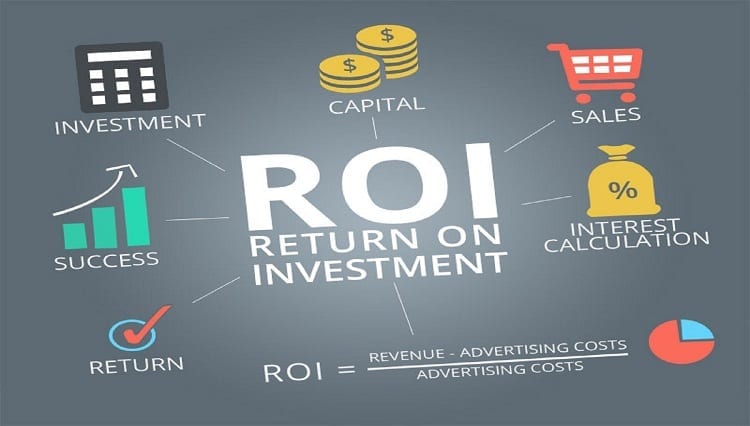
On average, you can sell a house you’ve bought and renovated within six months, or less if you are skilled at what you do and have experience.
This means that your money will be tied up in the property only for a short time before you receive a lump sum from selling it.
The question you might be wondering is how much you can expect to make from flipping houses.
The gross profit margin for flipping homes in the U.S. is $29,342, but that’s on average, as Lend Edu reports.
Even so, that’s a lot of money that will come to you directly as soon as you sell the property, and it could be even more than that if you flip more homes.
2. You Don’t Have To Manage The Property
While buying and flipping houses will take some time and effort, such as when it comes to choosing the right location in which to purchase property and making renovations with the help of a quality building team, once you’ve sold the house the commitment is no longer yours.
You can wash your hands of it and avoid all the potential problems that come with being a landlord, such as maintaining the house in which the tenants are living and dealing with the risk of not getting a rental income every month.
What Are The Safety Concerns Of Flipping Homes Vs Renting?

When making a real estate investment, you always want to be sure that you’re not taking unnecessary risks.
When it comes to flipping homes vs renting them, which one is safer for you as an investor?
As outlined by Investopedia, flipping homes is the safer bet.
This might seem surprising to hear, but the reason why makes sense.
When you flip homes, you put your money at risk for a short amount of time, which is basically the time it takes for you to make renovations and sell the property.
The faster you can complete this process, the less amount of time your money will be at risk and the less risk to your profits.
In addition, you don’t have to take on any leasing risks that form part of holding real estate.
Does It Cost More To Rent Or Flip?
In addition to ensuring greater security, you might be wondering if flipping or renting is the more expensive option.
At first glance, it would seem that flipping home is costlier than renting because you have to purchase the house and then spend money on renovating it to prepare it to get sold.
The expenses required for your investment property can be more than the expenses you have to pay to rent out a home because it takes longer to sell the home and repairs can be more extensive and costly.
However, that’s not the entire story!
Let’s take a look at ways in which flipping homes can be more expensive than rentals as well as how to prevent these situations from eating into your profits so that flipping homes is still better for your wallet than renting them.
Factor To Consider: The time it takes to sell.
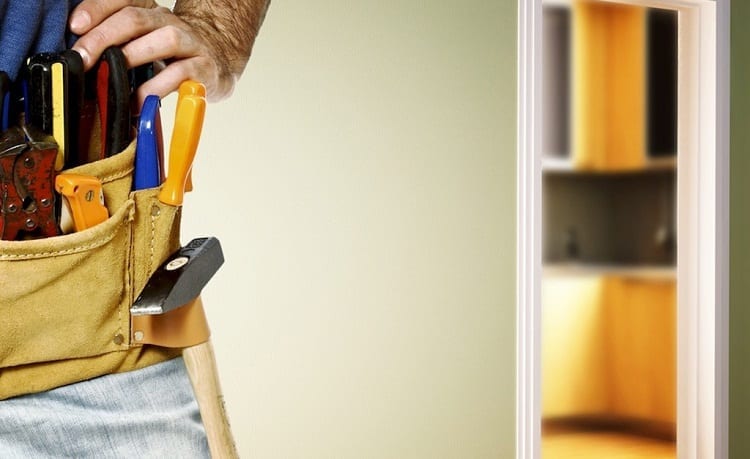
If it takes you longer to sell a home, this can cause you to lose profit.
A way to avoid letting your house sit on the market for too long is to ensure your home is priced correctly, based on the value of homes in the neighborhood and what they’re selling for.
Remember, you’re paying interest to the bank for your loan every day that your house remains unsold.
Why it’s still better than rental income: When you sell your house, you get your profit immediately, as compared to receiving smaller amounts of money monthly from a rental.
Working to do this as quickly as possible is key to making a good profit, and is in your control.
Factor: Money spent on repairs.
When you’ve bought an investment property that you want to flip, you might have to do some major repairs on it.
By choosing a home that doesn’t require any renovations, you can obviously speed up the flipping process and spend less on it.
Why it’s still better than rental income: Renting your house doesn’t mean that you won’t have any maintenance costs.
You might have to do repairs on the property before you can let tenants move in.
In addition, there could be other repairs that are required on the property which would be your responsibility as a landlord for the long-term future.
Is Renting Or Flipping Better For You?
What is your real estate goal?
This is an important thing to consider to help you make the right choice between flipping homes vs renting them.
Here is how to decide if renting or flipping homes is right for you based on your needs.
| Renting Is Good For You If: | Flipping Is Good For You If: |
| You want to pay less tax. You can deduct certain expenses on your tax return, which include mortgage interest, operating expenses, depreciation, repairs and property tax, according to the IRS. | You want to avoid expenses down the line, such as when you have rented out the property to tenants. |
| A slow, but steady, ROI fits your financial requirements, for example if you want extra money every month to pay off certain bills. | You want to get a bigger and faster ROI. |
| You like getting your hands dirty, and use your own skills and effort to fix things for your tenants. You also like to keep an eye on the property you’re renting out, which is important even if you have a property manager on the job. | You don’t want to manage the property at all once you’ve sold it. |
How Much You Can Make Annually By Flipping Vs Renting
If you’re still unsure as to whether you should rent or flip, it might help you to consider how much money you can make on a yearly basis.
You can make up to $80,000 per year if you flip three or four houses within that time frame.
When it comes to renting, on the other hand, you might only be able to make a profit of $4,800 per year, thanks to things like mortgage payments, as Forbes reports.
If you want to earn a salary of $80,000 per year from renting, you’d have to own around 17 properties and rent out each one for $400 per month. In 12 months, that would give you an income of $81,600.
Flipping Vs Renting: The Market Is A Determining Factor

Whether you’re leaning towards flipping or renting homes, you have to consider the current market and choose the right time in which to move forward with your real estate goals.
This will increase your profitability in both situations.
For example, if the current real estate market is depressed, meaning that there are more sellers than buyers in it, it will be easier to buy a house than it will be to sell one.
This is the case even if you’ve done extensive repairs on the house to improve it as those don’t guarantee that you’ll find it easier to sell, as SF Gate reports.
On the other hand, if you’re interested in renting out the home that you’ve purchased, it’s crucial to ensure that there are not many people renting property in your area as you could end up missing out on tenants and losing out on a valuable stream of income.
Taking a closer look at the market can, therefore, ensure whether flipping or renting is better for you and must be considered.
How Much Does It Cost To Flip A House?
While your flipping expenses can vary, depending on the type of property and how many repairs are required, the total cost to flip is generally 10 percent of the amount you spent to purchase it.
What Is The “1% Rule”?
The 1% rule can evaluate the property you want to purchase.
It basically states that monthly rent for a property should be equal to, or greater than, one percent of the total purchase price of the property.
This rule can help you see how property will contribute to your cash flow.
Bottom Line
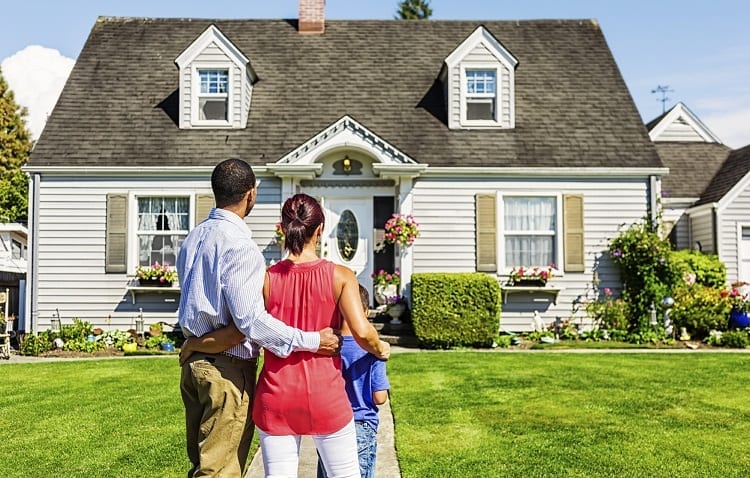
There are many benefits to flipping homes as well as renting them out to the public.
With rental income, the idea is to ensure smaller amounts of money that enter your bank account on a monthly basis, while with flipping homes you want to try to get a large sum of money within a few months.
Depending on your specific situation (for example, how many homes you’re flipping or how many homes you’re renting), either real estate strategy can be profitable.
However, it’s important to look at the pros and cons of flipping homes vs renting them in order to choose the best real estate solution for your needs.

